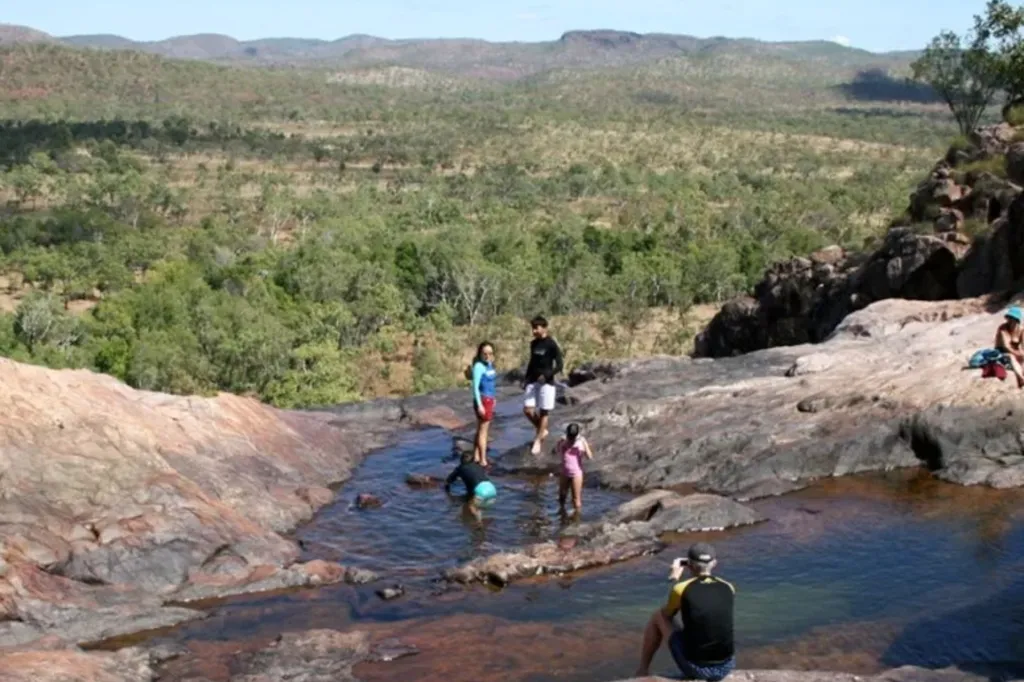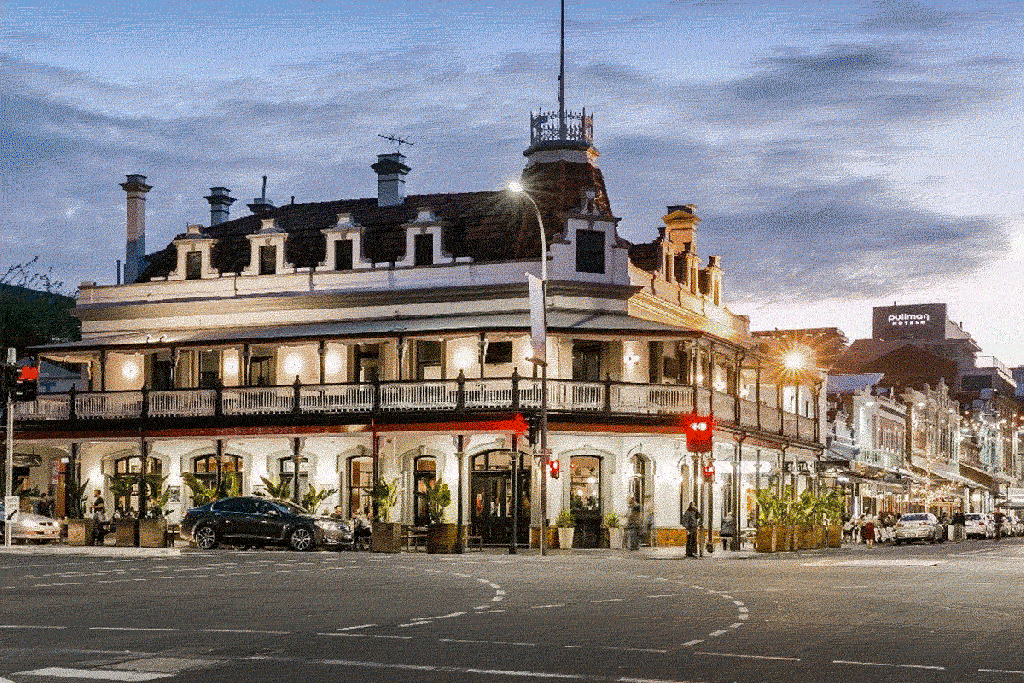Labor to push ‘toughest laws’ on terror and hate crime

The Albanese government will attempt to pass the “toughest laws Australia has ever had against hate crimes” after agreeing to Coalition amendments.
In a late sitting on Wednesday, Home Affairs minister Tony Burke made changes to the Hate Crimes bill, introducing minimum sentencing.
It would mean sentences of at least one to six years for terror and hate crimes, which goes against Labor’s own national policy opposing minimum sentencing.
The changes include at least six years’ jail for terror offences, at least three years for financing terror and a minimum of 12 months for displaying hate symbols such as Nazi salutes.
The amendments mean the bill would be introduced to Parliament on Thursday.
Burke said Labor planned to introduce the “toughest laws Australia has ever had against hate crimes”.
“We want to see this go through both houses of parliament, with as many members of parliament coming together as possible in a show of unity to the Australian people that these hate crimes, these forms of bigotry, have no place in Australia at all,” he said.
“Anybody who says that hate speech is somehow a subset of freedom of speech doesn’t understand that words can be bullets.”
You might like
Burke warned that delaying the legislation would “come at a cost” as Australia was witnessing a wave of antisemitic attacks and terror plots.
“This legislation deals with crimes that are happening in real time. We’re seeing them on our TV screens. We want this bill to go through quickly,” he said.
“We want to maximise cooperation across the parliament. We want the most significant majority that we can have.”
Since December, a synagogue has been firebombed, multiple cars torched and swastikas and antisemitic slogans scrawled on vehicles and buildings in areas with large Jewish communities.
Last week, it was revealed a caravan previously found on Sydney’s northwest outskirts contained explosive material and addresses of Jewish targets.
The Australian Federal Police is investigating whether overseas actors paid local criminals to carry out some of the antisemitic attacks.
However, the Greens have raised “very real concerns” about the amendments to include mandatory minimum sentencing laws.
“This is a clear deviation from principles that the government has espoused and, what’s more, it is utterly unnecessary,” he said.
“Now, because the opposition has asked for it, we’re seeing substantial amendments being put forward at the last minute, just because the opposition has asked for it, when the bill could have got through anyway.”
Tough NSW laws
Stay informed, daily
New South Wales is also planning a crackdown on hate crimes.
Perpetrators of antisemitic crimes can face up to two years in jail under a tough new package of laws aimed at stamping out racially and religiously-motivated violence targeting Jewish communities.
NSW Premier Chris Minns has repeatedly vowed to catch offenders behind the escalating incidents that include graffiti, firebombs and most recently a thwarted terror plot targeting the Great Synagogue and the Jewish Museum both in central Sydney.
The government will introduce on Thursday a new criminal offence for intentionally inciting racial hatred, with a proposed maximum penalty of two years behind bars.
It will also put forward a new offence in section 93ZA of the Crimes Act 1900 directed at the display of a Nazi symbol on or near a synagogue.
That will also carry an increased maximum penalty of up to two years in jail.
The Graffiti Control Act (2008) will be amended to create an aggravated offence for graffiti on a place of worship.
Additionally, a new offence in the Crimes Act (1900) will be legislated to stop people from intentionally blocking, harassing, intimidating or threatening worshippers from accessing their local synagogue, church or mosque.
“These are strong new laws and they need to be because these attacks have to stop. These acts designed to intimidate and divide will not work,” the premier said.
“These laws have been drafted in response to the horrifying anti-Semitic violence in our community but it’s important to note that they will apply to anyone, preying on any person, of any religion,” said the premier.
“If you commit these acts, you will face severe penalties, and we make no apologies for that.”
The police force will receive $525,000 after beefing up its patrols for synagogues and schools, and another $500,000 will go towards social cohesion grants.
The changes come despite a November review of the state’s hate crimes that recommended not broadening section 93Z of the Crimes Act or introducing other offences to curb public incitement of hatred.
Like NSW, most Australian state and territory laws policing the inciting of hatred require proof that the offender threatened or incited physical harm to people or property.
– with AAP








